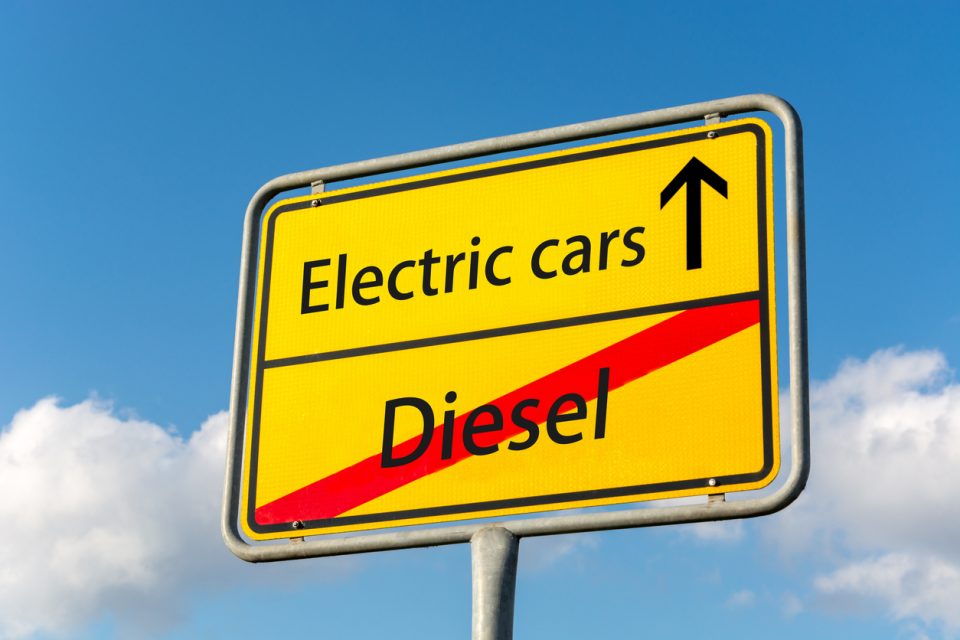To build batteries at scale to meet the government’s target of allowing only electric vehicles (EVs) to be sold by 2030, India must prepare a strategy to source critical minerals, all of which it needs to import.
“The cost of the battery is the substantial cost of an electric vehicle,” said Arunabha Ghosh, Chief Executive Officer of the Council on Energy, Environment and Water (CEEW), adding that if India is to meet its target, its demand for batteries for road transport will be five times the current global demand. For nearly all of the critical minerals that could be used to manufacture batteries, India is completely dependent on imports. “If you want to do any kind of next-generation advanced manufacturing, whether it is EVs, whether it is new types of solar panels, whether it’s new types of wind turbines, whether it’s new forms of manufacturing process altogether … all require a completely different thinking around the stuff that goes into making stuff.”
Ghosh said that India must work with other advanced economies to create a global supply chain of critical minerals based on market principles. “Otherwise, like the wars around oil that we had in the 20th century … we will have … deep political conflict around access to critical minerals around the world.”
When India decided to launch a national solar mission in 2010, it did not need renewables because significant coal-based capacity was either ready to be commissioned or under construction, said Ratul Puri, Chairman of Hindustan Powerprojects (Hindustan Power), India.
Yet, India underlined its commitment to climate change mitigation by announcing ambitious and time-bound goals for solar and wind and initiating conducive policies such as viability gap funding. Today, solar tariffs are lower than tariffs of conventional power, and the sector is so profitable that the government has withdrawn import and tax benefits.
“India has paid a price for it because it has taken out existing generation capacity … For a country like India to take the decision to go and build those 175 gigawatts of renewables shows leadership,” said Puri, adding that by taking the lead on building the International Solar Alliance, India further shows its commitment to such leadership.
India has been similarly successful with its energy efficiency programmes, such as the LED bulbs subsidy programme and the energy-saving credits trading programme for large, polluting industries.
There is sufficient consensus at the policy level to ensure that future governments, even in case of a regime change, will continue with current climate-change mitigation and adaptation policies. Gradually, climate change is beginning to resonate in the voters’ consciousness and may soon be an election issue. “I think the youth in India would demand a cleaner environment … it is becoming a mainstream issue now,” said Vineet Mittal, Chairman of Avaada Group, adding that the renewables sector is not only good for the environment, but it also creates millions of direct and indirect jobs.
As such, India’s commitment will continue, which is good news for India and for the world.
The India Economic Summit is hosted by the World Economic Forum and the Confederation of Indian Industry (CII) – partners for more than three decades – under the theme Creating Indian Narratives on Global Challenges. The summit, taking place in New Delhi on 4-6 October, will welcome more than 650 participants from over 35 countries.
The Co-Chairs of the summit are: Ajay S. Banga, President and Chief Executive Officer, Mastercard, USA; Dipali Goenka, Chief Executive Officer and Joint Managing Director, Welspun India, India; Piyush Goyal, Minister of Railways and Coal of India; Smriti Zubin Irani, Minister of Textiles, Information and Broadcasting of India; Malvika Iyer, Member, Working Group on Youth and Gender Equality, United Nations Inter-Agency Network on Youth Development, New York; Karan Johar, Head, Dharma Productions, India; and Sunil Bharti Mittal, Chairman, Bharti Enterprises, India.

